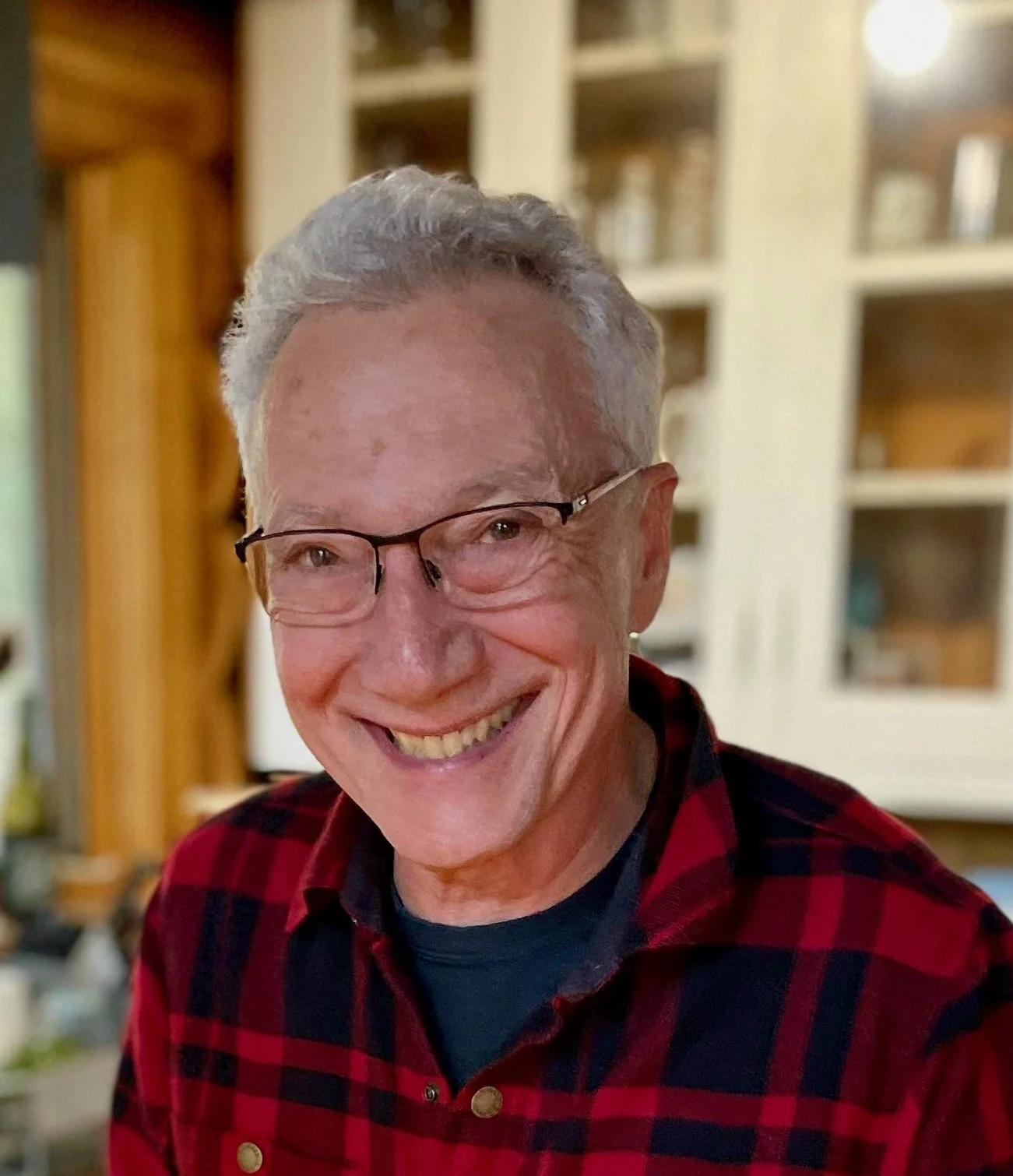His wartime work, to ferret the roadbed free
of mines, then jerry-build a pontoon bridge
from a truckload of odd parts, just strong
enough to float Berlin-bound Allied tanks
that clanked across as he watched them go.
Let's guess at small satisfactions: flint-flick,
nicotine, sun on the surviving trees. He swore
he'd never wear brown or olive-green again.
Like all the rest, he wouldn’t say much
about whatever he'd brought back home.
Consider the way his eye recorded detail,
or how those fingers could find their way
on the organ's keys to the heart of a tune—
not case-hardened, not unscathed.
Still, he'd gotten his bearings there,
that unruffled judgment he would use
from then on: sizing up a leaky air line
at a two-pump Standard filling station,
or buying a million-dollar Italian lathe
for the vaulted toolsheds at Boeing. Same
as when he crouched in his clean driveway
to look below my latest rusting car.
Clean off the muck, so you see the thing
as clearly as you can. Get some light on it—
look until each part makes its own bit of sense.
The fix could be your first try, but likely not.
No raised voice, no worried brow. We could call
it a gift: keep turning, and something will click.
Scott Lowery’s collection, Mutual Life, won second place in last year’s Wisconsin Fellowship of Poets chapbook competition. Recent poems appear in RockPaperPoem, Wisconsin People & Ideas, and a show of ekphrastic poetry at the Trout Museum of Art in Appleton. Lowery and his wife live near their young grandchildren in Milwaukee. Find more: www.scottlowery.org.

